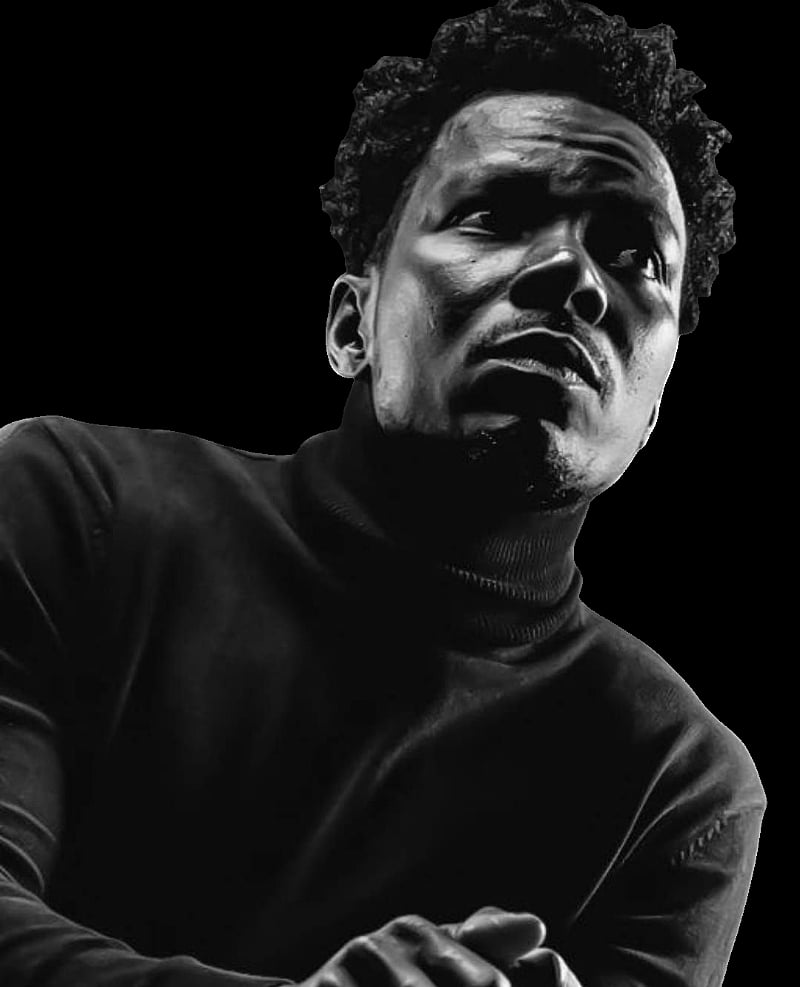Ghanaian musician Nana Baafour, known professionally as Brave King (B.K.), has issued a potent critique of Ghana’s political landscape, lamenting the pervasive culture of unfulfilled promises and the absence of genuine accountability. In a recent appearance on his YouTube show, “The Topic,” B.K., alongside fellow artist Rebbel Ashes and DJ JahKnows, dissected the recurring pattern of political rhetoric that fails to translate into tangible improvements for the Ghanaian people. He argued that the cyclical nature of hope and disappointment, particularly surrounding election cycles, has eroded public trust and perpetuated hardship, especially among the youth who yearn for opportunities and a brighter future. B.K.’s central argument revolves around the stark disconnect between pre-election pronouncements and post-election realities.
B.K. contends that Ghanaian politicians have mastered the art of exploiting the electorate’s aspirations, offering captivating visions of prosperity and progress that ultimately remain elusive. He underscored this point by highlighting the persistent challenges facing the nation, including widespread unemployment, inadequate infrastructure, and the ongoing struggles of families to make ends meet. These realities, he argued, starkly contrast with the grand pronouncements made during campaigns, revealing a pattern of prioritizing political expediency over genuine commitment to the well-being of the citizenry. He questioned the perpetuation of this cycle of deception, asking why leaders continue to mislead the public, particularly during election seasons, and when accountability will finally replace empty rhetoric. His pointed questions serve as a call to action, urging a critical examination of the existing political dynamics and a demand for greater transparency and responsibility from those in power.
The core of B.K.’s message centers on the fundamental role of leadership as a form of service, rather than an avenue for self-aggrandizement. He emphasized that true leaders demonstrate their commitment not through eloquent speeches or lofty promises, but through concrete actions that demonstrably improve the lives of the people they represent. He called for leaders who prioritize building robust and effective systems, creating employment opportunities, and directly addressing the pressing needs of the population. This, he asserted, is the true measure of leadership, not the ability to craft compelling narratives or manipulate public sentiment. His vision of leadership emphasizes tangible results and a genuine dedication to the welfare of the nation above personal gain or political maneuvering.
Supporting B.K.’s perspective, both Rebbel Ashes and DJ JahKnows echoed the call for critical thinking and active citizenship among the youth. They stressed the importance of holding leaders accountable and moving beyond passive acceptance of unfulfilled promises. They argued that true change hinges on the active participation of informed citizens who demand progress and refuse to be complacent in the face of political stagnation. This collective call for engagement underscores the belief that the responsibility for a better future rests not solely on the shoulders of political leaders, but also on the active participation and vigilance of the citizenry. It emphasizes the power of collective action and informed engagement in shaping the political landscape and holding leaders accountable for their promises.
B.K.’s message resonated deeply with the idea that there are no “Messiah” politicians in Ghana, only leaders who must be consistently reminded of their role as servants of the people, not rulers entitled to unquestioning obedience. He urged Ghanaians to abandon the notion of waiting for a single individual to miraculously solve the nation’s problems and instead embrace a more proactive approach to civic engagement. This perspective emphasizes the importance of holding elected officials accountable and demanding tangible results, rather than passively hoping for a savior figure to emerge. It promotes the idea that true change comes from collective action and continuous engagement with the political process.
Beyond his musical pursuits, B.K. utilizes his platform, “The Topic,” to engage in discussions about a wide range of issues, encompassing entertainment, politics, and social concerns. He consistently uses his voice to advocate for accountability and positive change in Ghana, demonstrating his commitment to using his influence to promote critical thinking and constructive dialogue. This dedication to addressing important issues highlights his role not only as an artist but also as a concerned citizen invested in the betterment of his nation. His platform serves as a space for open conversation and a catalyst for positive change, reflecting his belief in the power of communication and engagement to shape a better future for Ghana.


